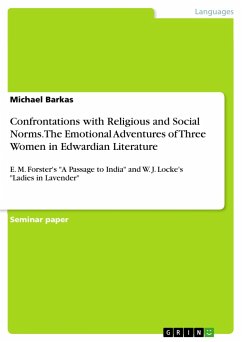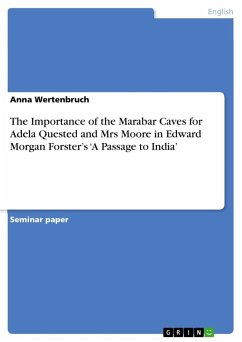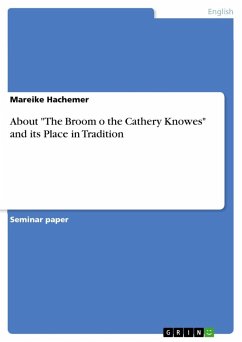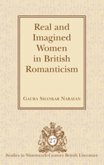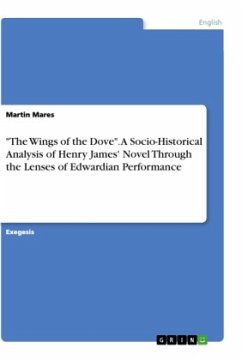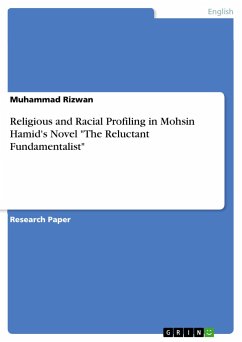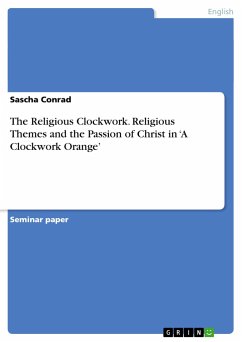Seminar paper from the year 2016 in the subject Didactics - English - Literature, Works, grade: 2, University of Bonn, course: The Edwardians, language: English, abstract: The current paper focuses on the portrayal of the emotional development of three female figures in works of Edwardian literature. This development is crucial for the determination of their later fate and life due to the wisdom they acquire through their new experiences. The women in question are: Mrs Moore of "A Passage to India" (E. M. Forster, 1924) and Janet and Ursula Widdington of "Ladies in Lavender" in "Faraway Stories" (W. J. Locke, 1916).The paper further places them in their corresponding literary background and finally draws some similarities and differences between each other. Due to the featured age and profile of these women we shall regard them as products of the Victorian society and witnesses of the transition from the Victorian to the Edwardian era. The emergence of the so-called 'New Woman' by the end of the nineteenth century with the accompanying women's movement, the campaign for women's suffrage as well as the terms 'feminism' and 'feminist' sought to create more space and independence for middle-class women, who were restricted to the customary household duties. The women who will be analysed are confronted with confusion and certain temptations that prompt them to question, if not defy, female social norms on very sensitive subjects such as the importance of Christian faith for the widowed Mrs Moore versus a more universal religion. Although she senses the universality of all creation, she does not consciously surrender to it, because she is disheartened by the fact that she cannot conceive of an adequate religion that represents such a pioneering idea.The other topic addresses the potential to effectively fall in love as a marginalised spinster and claim not only the social benefits of marital life, e.g. as a mother, but also the joys of a sexually active life. The spreading of single women -referred to also as 'surplus women' or 'redundant women' - formed a social issue in the nineteenth century and was seen as a problem to be solved, as some of them even rebelled at the institution of marriage itself. In the featured short story we will see that, even if romance seemed to have arrived too late to the Widdington sisters, wisdom was acquired through the influence of the motto 'youth flows magnetically to youth'4 and the forced acceptance of the irreversibility of time like a form of coming-of-age.
Hinweis: Dieser Artikel kann nur an eine deutsche Lieferadresse ausgeliefert werden.
Hinweis: Dieser Artikel kann nur an eine deutsche Lieferadresse ausgeliefert werden.

